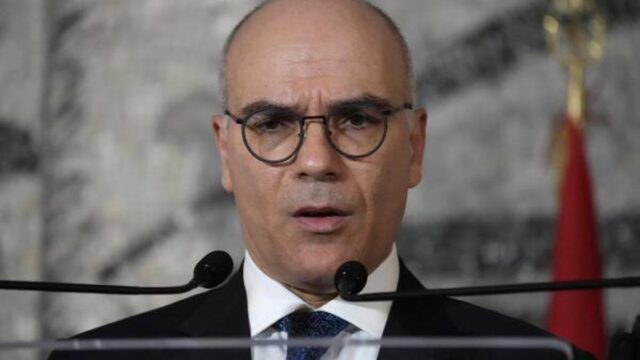New Delhi and Rome aim to strengthen economic ties and foster sustainable development in a landmark, balanced, and fair Indo-European Union (EU) Free Trade Agreement. Both countries are working closely to address existing trade issues and develop an equitable economic partnership between India and the EU. This cooperation is expected to stimulate economic growth, create new job opportunities, and promote sustainable development across both regions.
The Indian Prime Minister, Narendra Modi, met Italian Prime Minister Mario Draghi in New Delhi while stressing the importance of a comprehensive and mutually beneficial Free Trade Agreement in New Delhi. This FTA would also serve as the cornerstone for the future India-EU relationship, which will aim to focus on sectors such as manufacturing and services for agriculture and technology for the economy.
PM Modi emphasized the need for fair market access and reduced trade barriers for Indian products, primarily in the textile and agriculture sectors. He also emphasized the role of technology and innovation as important factors for economic growth and increased collaboration in research and development between the two regions. While the Italian counterpart highlighted the significance of developing a balanced agreement that meets the needs of both countries while recognising the potential increase in trade and investment and encouraging European companies to explore the untapped Indian markets,
The FTA is estimated to cover multiple aspects of trade, like tariff reductions, non-tariff barriers, trade facilitation, and customs cooperation. Both leaders also discussed the need to address intellectual property rights, competition policy, and investment protection to ensure a level playing field for businesses.
One of the major roles of this FTA would be to bolster bilateral trade relations between the UK and EU, which are worth €80 billion. Another crucial aspect would be the emphasis on sustainable development. Both countries are also signatories to the Paris Agreement on climate change, and the FTA will ensure that economic growth is environmentally sustainable. This includes measures to promote clean energy, resource efficiency, and environmentally friendly technology.
This is an important step for both countries, as their efforts to diversify their trade relationships in light of global economic uncertainties are finally coming to fruition. The US trade disputes with China and the aftermath of Brexit have prompted the countries to explore new partnerships and expand the ones they already have. The cooperation between India and Italy in advocating for a balanced and fair Indo-EU FTA signals a new chapter in their bilateral relationship.









